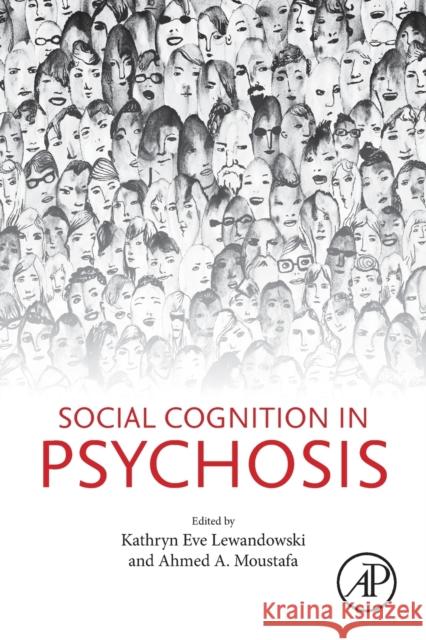Social Cognition in Psychosis » książka
topmenu
Social Cognition in Psychosis
ISBN-13: 9780128153154 / Angielski / Miękka / 2019 / 345 str.
Kategorie:
Kategorie BISAC:
Wydawca:
Academic Press
Język:
Angielski
ISBN-13:
9780128153154
Rok wydania:
2019
Ilość stron:
345
Waga:
0.46 kg
Wymiary:
22.86 x 15.24 x 1.83
Oprawa:
Miękka
Wolumenów:
01
Dodatkowe informacje:
Bibliografia











